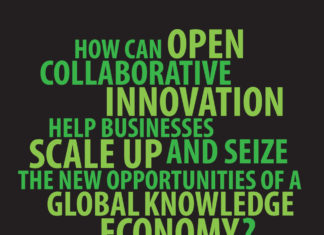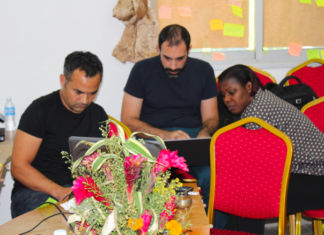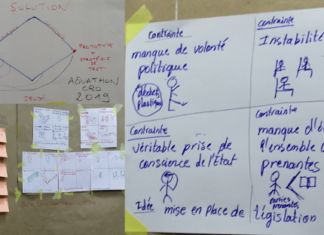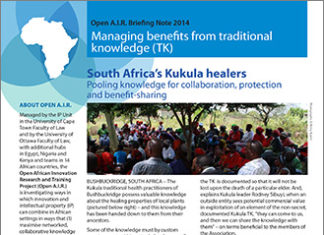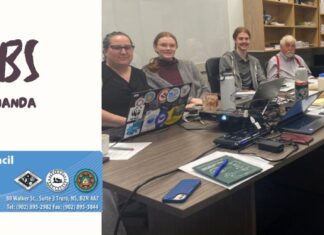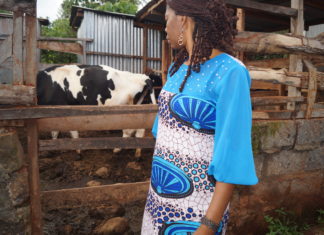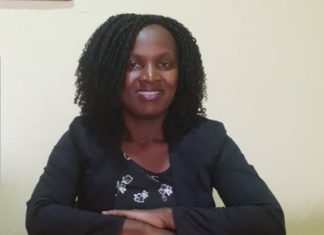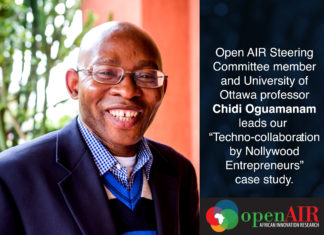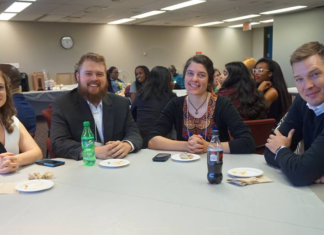Better metrics, better policies for knowledge and innovation in Africa
By Nagla Rizk
The Access to Knowledge for Development Center (A2K4D) leads the research on metrics, laws and policies within the Open African Innovation Research network...
Collaboration Nord-Sud et présentation du processus de l’innovation au système de...
par Ahou Rachel KOUMI
Ce blogpost est la première partie d’une série de deux blogs sur les Journées de l’Innovation en Contexte Académique réalisées du 19...
Innovation ouverte en contexte académique à Abidjan, Côte d’Ivoire
Par Ahou Rachel KOUMI
Ce blogpost est la deuxième partie d’une série de deux blogs sur les Journées de l’Innovation en Contexte Académique réalisées du 19...
Managing Benefits from Traditional Knowledge (TK)
Published by Open AIRPublication Date: 2014Download: Briefing Note: Managing Benefits from Traditional Knowledge (TK) (403kb)
This 2014 Briefing Note highlights the findings from Open AIR research...
New Funding for Research on African Innovation and Gender
The Open AIR network has received funding from the Canadian Queen Elizabeth II Diamond Jubilee Advanced Scholars Program (QES) to create new opportunities for emerging scholars to explore African innovation through the lens of gender equality and the empowerment of women and girls.
Why Canada Must Implement the Nagoya Protocol Now: MAPC and ABS...
By Chidi Oguamanam
MAPC-ABS Canada 2003 Workshop and Retreat
May 15-16: The Maritime Aboriginal Peoples Council (MAPC) and ABS Canada concluded their 2023 Annual Retreat and...
A Day Out in Wanyori Community
The purpose of my visit was to seek the permission of the community members to conduct research in their community and to fix an appointment with the women. It was a short visit since I needed to introduce myself to the women and also brief them on the purpose of the visit.
Positioning Women Entrepreneurs to harness IP for AfCFTA gains
By Philda Maiga
A new dawn is upon Africa, following a decision on 5 December 2020 of the African Union Assembly to kickstart the trading...
WIPO Expert Committee on Genetic Resources, Traditional Knowledge and Traditional Cultural...
By Chidi Oguamanam
For the 35th time in 18years, experts have yet again gathered at the World Intellectual Property Organization (WIPO) headquarters in Geneva where...
Open AIR Students Present at Carleton’s Institute of African Studies
Back in October 2016, three of our Open AIR Research Fellows had the unique and rewarding opportunity to participate in the Second Annual Institute of African Studies Undergraduate Research Conference at Carleton University’s Institute of African Studies. Undergraduate researchers from across the globe presented their research findings on a wide breadth of topics – from fiction describing Nigerian culture, to professional development for youth in South Africa, to political structures that influenced the welfare state in Tanzania and Kenya.

